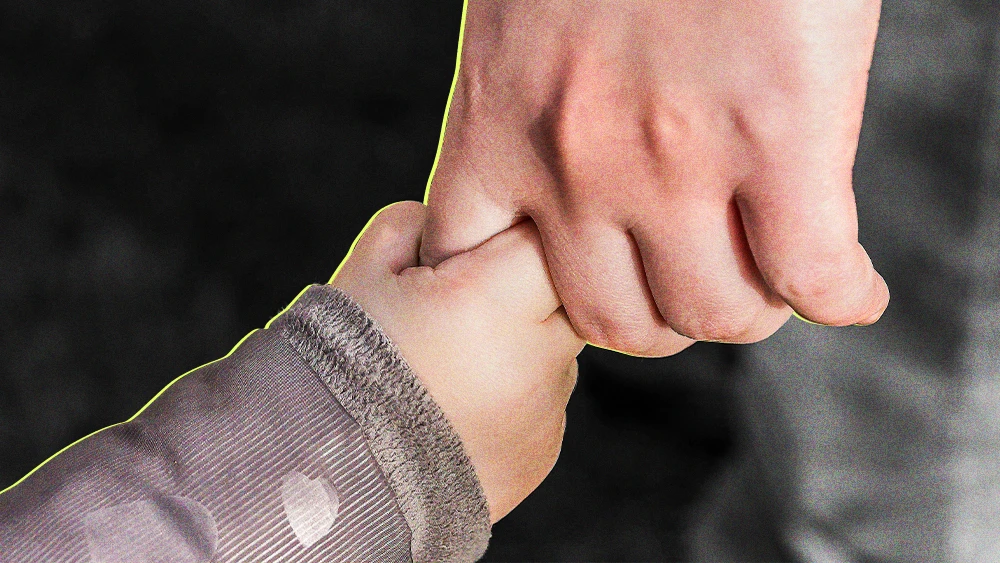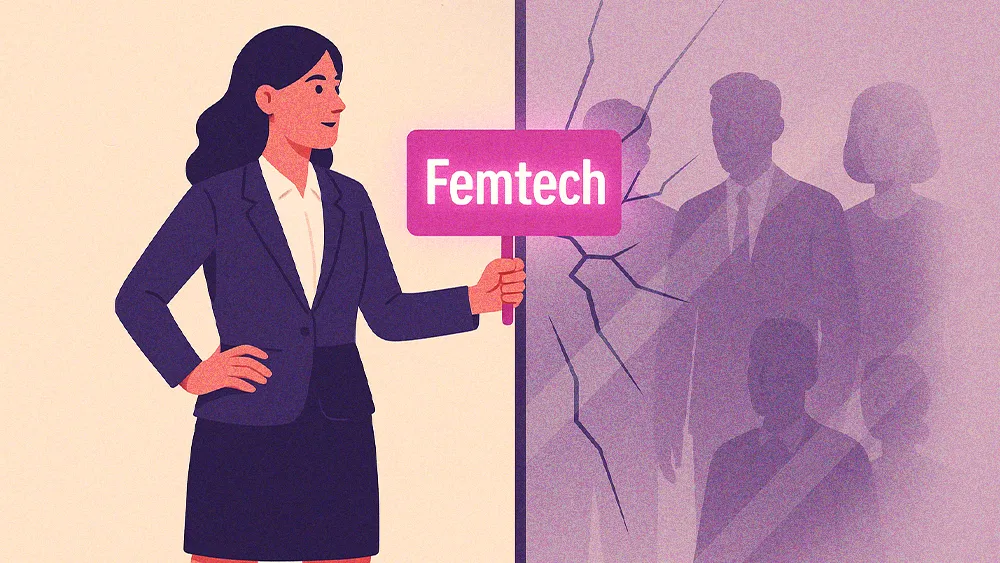The Trump admin proposed a $5,000 "baby bonus" to address declining birth rates; it overlooks deeper systemic issues.
Britt Riley, CEO of Haven, discusses student loan debt and lack of paid parental leave as significant barriers to family planning in the U.S.
The bonus is criticized as inadequate, given the $300,000 cost of raising a child and the lack of early parental support.
The Trump administration’s proposed $5,000 "baby bonus" has reignited debate over declining birth rates, but critics argue it’s a shallow gesture that ignores the real reasons why Americans are putting off parenthood. A modest one-time check, this Band-Aid solution is no match for a deeply fractured system marked by parental leave problems and childcare crises.
We spoke with Britt Riley, Founder and CEO of family care innovator Haven. Her work offers a firsthand perspective of what families actually need, and what policy often gets wrong.
A gut punch: "It almost makes it all worse," says Riley, in response to the proposed $5,000 baby bonus. Rather than helping, she sees it as a symbol of how disconnected policymakers are from the realities families face. "It feels like a harder gut punch because the people who are supposed to be paying attention to the needs of our country aren't looking closely enough. And it makes people feel even more disenfranchised."
Death by debt: One of the most significant, yet often downplayed, factors in the family-planning equation is the crushing burden of student loan debt. "That actually lines up with the same reason why people aren't buying houses," says Riley. "We went to high school, worked hard, went to college, and picked up $100,000 of student loans. People are paying those student loans off for 20 years."
More than a line on a budget, this is a deferral of life itself. "What that means is they can't save for a house, they can't save for a down payment," she explains, pushing major milestones like parenthood back by “easily 10 years." Against that backdrop, a one-time $5,000 bonus feels less like help and more like a hollow gesture.
Leaving parents behind: Even before long-term expenses kick in, the earliest days of parenthood in America are marked by a glaring absence: paid parental leave.
Riley describes new parents as "having to struggle through the first three to six months with little to no support, and then being asked to show up 100% on the backside of that to contribute to their job." With the cost of raising a child exceeding $300,000, she notes, a $5,000 bonus "won’t even get people through healing from their C-section. New mothers are struggling without income as they’re healing from a major surgery and also trying to nourish a newborn."
Going the distance: Supporting family growth requires a profound holistic approach, not a one-time check. That involves confronting student debt, establishing paid leave policies, and fundamentally reimagining childcare as essential infrastructure. Until then, Riley says, cash incentives will feel more like political theater than real help. "It just doesn’t go the distance," she concludes.








